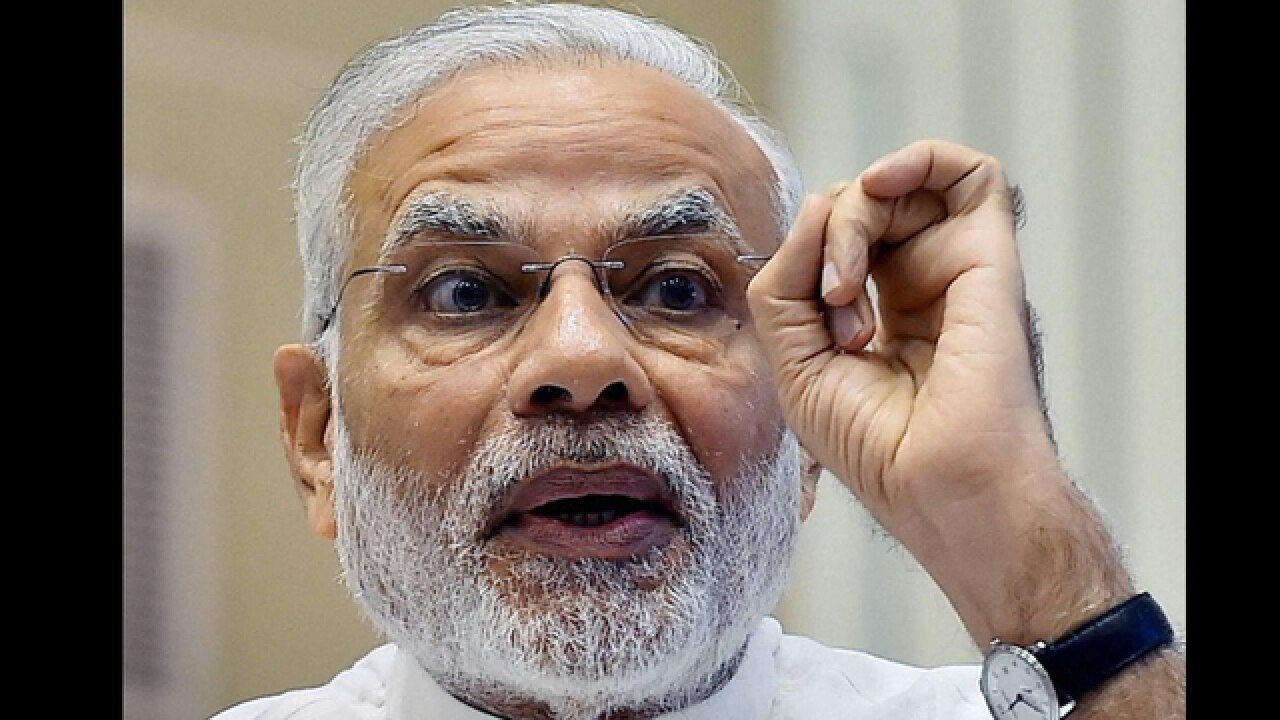
It is indeed heartening that in the wake of the army’s surgical strike at the terrorist launch-pads across the Line-of-Control (LoC) on Wednesday/Thursday midnight, there was a sudden blare of unity across the political and social spectra. It can be said that in the face of external danger, the country stands united and that this has been the case in the past and it will be so in the future. For the past few months, the Bharatiya Janata Party (BJP)-led National Democratic Alliance (NDA) government of Prime Minister Narendra Modi has been besieged with troubles all around — unrest in the Kashmir Valley, the Patel agitation for reservation in Gujarat, cow vigilantism and a hostile political opposition. All the troubles seemed to have vanished in a moment. Of course, the issues and problems remain and they cannot be wished away, and they will return to haunt the government sooner than later.
Many pundits are likely to bemoan the fact that the country should be united on all major issues and not just in the face of external danger. This question of unanimity and consensus is a tricky one. There is no doubt that there should be unity with regard to removing poverty, removing discrimination against sections of society like Dalits, Muslims, Christians, the people from the north-eastern states and women. It cannot be denied that there is certain unanimity on these issues. Even the most traditional, patriarchal and feudal partisans have recognised the value and the need of educating the girl-child and of letting the woman be a bread-winner for the family. Of course, the catch lies in this: Even though a woman is allowed to go out and work and bring in the money, she is still restricted and oppressed at home and in society. Similarly, there is recognition that Dalits, Muslims and Christians should prosper, but what the majoritarian mindset desires that the minorities and oppressed sections of society maintain deference to the numerical majority.
There is need for change in outlook, and it has to happen quickly too because the old ways have become hurdles in improving and strengthening society and country. Even on issues less contentious than the ones mentioned above, like cleanliness and civic sense, the old habits reassert themselves time and again. People just refuse to follow the queue system at public places and those who drive cars and bikes are only too eager to jump ahead of others and as a consequence create a traffic jam. India has to first become a better country to live in and then aspire to assert itself in the world arena.
It is unreasonable and immature if the country were to unite only at times of external danger and not at other times. But there is also the other aspect. A show of unity and the eagerness to speak in one voice is not always good because it brings in undesirable unity and stops people from thinking differently. A regularised society can never be innovative. There has to be a chorus of different voices, even if it means a babble of Babel, so that the country finds new solutions to new problems as well as the old ones. Democracy is the only system that allows for plurality and differences, including even irreconcilable and extreme differences. It is better to be raucous as a nation than to be disciplined and uniform. There is need to maintain the interplay of unanimity and difference because the country needs both the features.